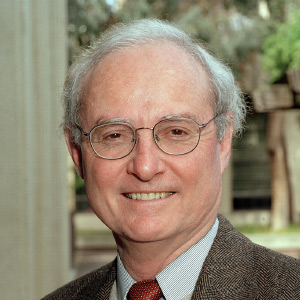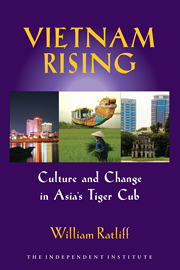The death of one of Latin America’s top guerrilla leaders, Colombia’s Manuel “Sureshot” Marulanda, who died last month of a heart attack at age 77, increases the chances for peace and stability in the region. But much depends on the United States, which needs to understand that what happens in Colombia impacts all of Latin America.
The end of Marulanda, founder of the Revolutionary Armed Forces of Colombia, a narco-terrorist group known as FARC, could, of course, have the opposite effect by giving the next generation of guerrilla leaders a boost. But it also could trigger a series of steps—including release of 700 or so guerrilla prisoners—that could further blunt FARC’s already declining influence and allow Colombian President Alvaro Uribe to focus on his country’s development.
One of the last surviving relics of the Cold War, FARC has ravaged Colombia since its founding in 1964 as the guerrilla arm of the Colombian Communist Party. The group has been directly and indirectly responsible for thousands of deaths and the displacement of tens of thousands of others from their homes.
Marulanda and his comrades had two things going for them that most other Soviet-supported groups lacked: cunning and opportunity. Utilizing the two, Marulanda thrived after the collapse of the Soviet Union by swapping Soviet aid for what amounted to funding from the United States.
China’s Mao Tse-tung referred to the “closet capitalists” in his Communist Party as “capitalist roaders,” and Marulanda was one of them. He still blabbed Marxism, but also understood the U.S. market and took full advantage of the ravenous American appetite for illegal drugs. Thus, Marulanda used drug revenues from America to fund attacks on Colombia, while helping fuel the drug epidemic in the United States itself.
Unfortunately for FARC, the Bush administration dropped the nonsensical fiction that the United States could fund a war against drugs but stay out of the war against the guerrillas. As a result, Mr. Uribe’s enormously popular war against the guerrillas, with U.S. support, gained the upper hand. The war is not yet won, but seems to be going well.
Several other top FARC leaders also have died recently, one when the Colombian military attacked a FARC “safe camp” in neighboring Ecuador, just across the border, and another when his bodyguard did him in.
The thrust into Ecuador that killed FARC’s second-in-command, Raul Reyes, turned up several laptop computers containing highly incriminating evidence of Venezuelan and Ecuadorian support for FARC. Both countries insisted the computer data were planted by the Colombian government, but Interpol, the respected international law-enforcement agency, conducted an exhaustive two-month examination and judged the information authentic.
These developments in Colombia could change the entire political equation for the northern region of South America.
Ideally, other Latin American governments will now apply heavy pressure on Venezuela and Ecuador to stop supporting FARC. But such united resolve is rarely seen in Latin America.
We shouldn’t expect the United States to do the one thing that would most contribute to FARC’s demise either: that is, to decriminalize drugs, which would take the enormous profit out of illegal narco-trafficking and dry up the organization’s funding.
But there are things Washington can and should do—and nothing would do more to help Colombia right now than to approve the proposed U.S.-Colombia free-trade agreement.
Unfortunately, congressional Democrats—including the party’s House and Senate leadership and the presumptive presidential nominee—oppose the agreement. The politicians don’t understand, won’t admit, or simply don’t care that the drug violence in Colombia is at least partly our fault—and that freer trade with the United States would help the struggling country and its people support themselves in other ways.
By strengthening Colombia’s economy, we would help speed FARC’s demise, which would enable the United States to reduce military-related expenditures and other involvement in the Andes and reduce tensions in the entire region.
Marulanda’s death has improved the prospects for peace in the Americas. But FARC’s final demise may depend on whether the United States and other Latin governments are willing to step up to the plate and do what’s right.








